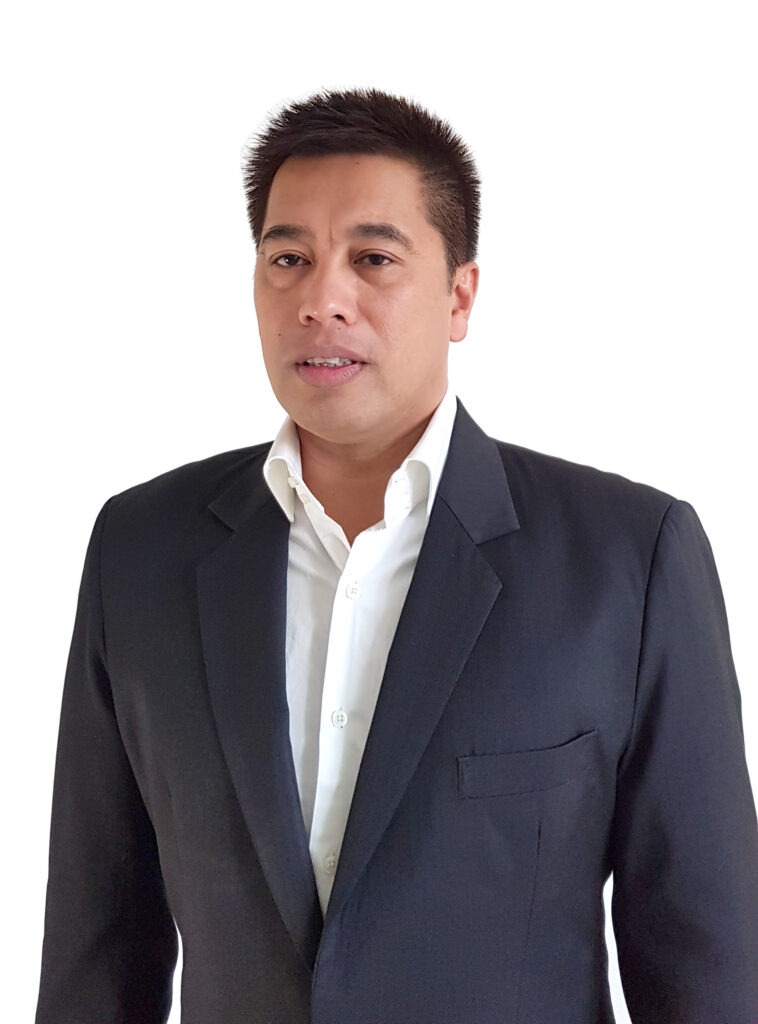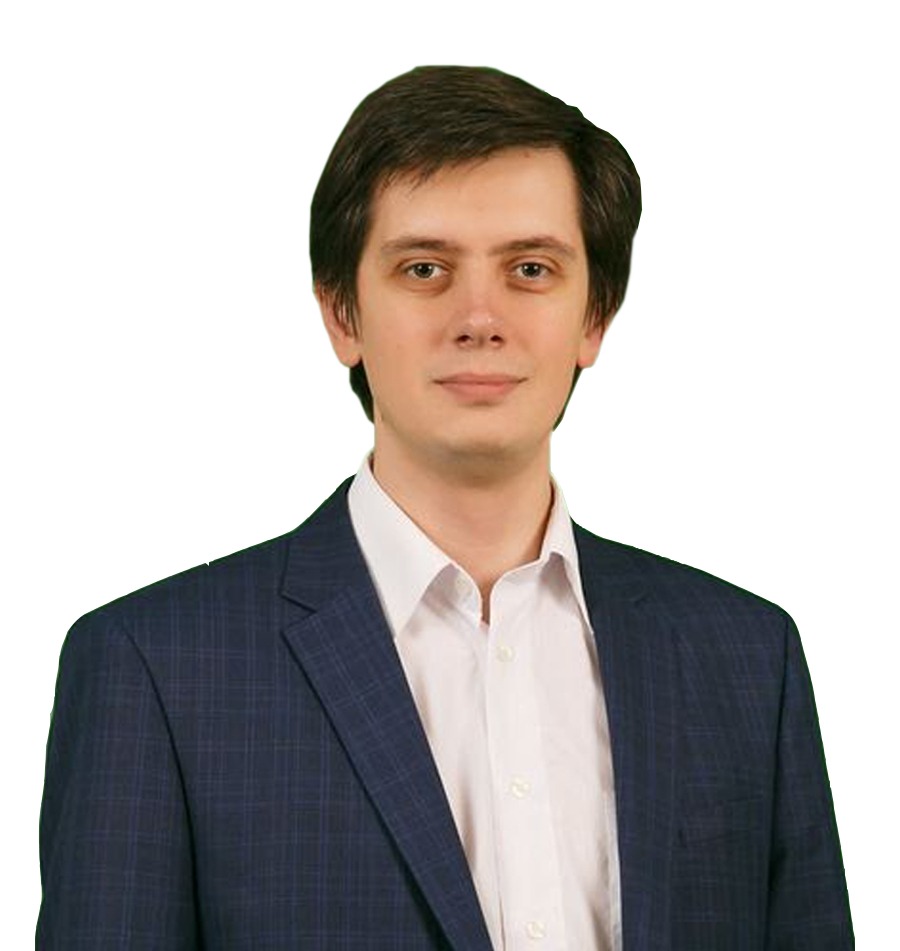Meet the SPIRIT Partners: a combined interview with AWTG’s COO Ian Vernon and Operations Manager Taras Motulski.

Ian Vernon
is a constant learner who aims to create a better world for the future through technology. His career started with the World Bank in secured IT systems and progressed to implement the first generation of cellular technologies before mobile networks were digital. He is AWTG’s Chief Operating Officer and leads AWTG’s effort to create innovations that make positive differences in people’s lives in the last 5 years. His background is in both telecoms and software, he has founded seven companies and successfully exited five.

Taras Motulski
is a driven professional with a never-ending enthusiasm to expedite the advancement of the technology projects he oversees. His journey in this field started in a research. Currently, in AWTG, Taras serves as the Operations Manager of the Software Department participating in the planning of projects geared to generate ground breaking advances that will increase people’s quality of life.
Q: Tell us more about AWTG.
A: AWTG is an end-to-end engineering services and technology solutions provider, combining public and private sector expertise to meet the needs of all industries – not just one. AWTG’s core objectives are to maintain a high standard of quality, foster digital transformation and constant improvement, and create innovations that make lives better. We serve clients across the globe and are proud to be the UK’s leading 5G systems integrator.
In the past few years, we have come to understand that although many solutions are already available, the development of innovative solutions must never stop. We are committed to constantly improving, innovating and tailoring our services and solutions to meet the evolving needs of our customers. Through numerous award-winning consortiums, such as Flex-5G, TUDOR, and Flexi-DAS, and our bespoke software and services, we have demonstrated our adaptability to public and private sectors alike.
Q: What inspired you to join the SPIRIT project?
A: Being part of the SPIRIT project is an incredibly stimulating experience as it allows us to share and create technology that revolutionises communication and interaction through telepresence. We are also proud to be working with some of Europe’s most innovative companies, academia, and research institutions in the field of telepresence applications. This is not only an opportunity to share our own skills, but also to learn from our partners how Europe can create advanced forms of communication through augmented reality and multimedia communication. We are certain that this project will bring about positive change to the European community, and we are enthusiastic about the future of this transformative journey toward real-time immersive telepresence.
Q: What is your contribution to the project?
A: We contribute to SPIRIT’s key objectives by exploring innovative approaches for low latency and high-quality telepresence experiences over wireless networks, leveraging our expertise in wireless telecommunications and software engineering. Additionally, our proven skills in network optimisation and evaluation will ensure a user-friendly experience. Our focus in the project is to create a cohesive and interoperable telepresence ecosystem through open standards-based interfaces and integration practices, enabling the seamless integration of additional services and applications. To this end, AWTG has already initiated a wide range of use cases in various technology-based areas such as private networks and Open Radio Access Networks (RAN).
Q: How do you think SPIRIT will contribute to European society?
A: The SPIRIT project can significantly contribute to European society in terms of economic growth, social cohesion, and technological innovation. From an economic perspective, SPIRIT’s real-time immersive telepresence technology will drive growth in industries such as education, healthcare, manufacturing, and entertainment. Enhanced human-to-human and human-to-machine interactions will increase productivity and collaboration, providing new opportunities for expansion. Telepresence will also help bridge social divides, fostering better communication and connectivity between individuals and communities. Stronger relationships between family members, colleagues, and students will improve social cohesion. On a technical level, SPIRIT’s research will drive open standards and unified APIs, inspiring advances in telecommunications and beyond. In conclusion, the contributions of the SPIRIT project will have a positive impact on the future of Europe, shaping a connected, productive, and innovative society.
